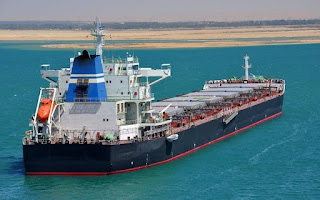Anahuac Transport Discusses General and Bulk Cargo
What Are the Differences Between General and Bulk Cargo? Anahuac Transport Answers
According to Anahuac Transport, maritime transportation carries various cargoes that require specialized ships. The two major groups are general freight and bulk cargo.
While bulk cargo is loose, general cargo is carried in fixed load units or unitized. As for internationally exchanged goods, these are classified into three types based on the kind of traffic, explains Anahuac Transport. The three categories are Rush, Bulk, and General or Non-Bulk.
Know the Difference
Rush Cargo is often transported by air.
General freight, meanwhile, contains almost everything that is commonly transported. Luggage is the perfect example. General cargo is also separated from dangerous materials and cargo that need special handling. These include live animals, ice crystals, electromagnetic content, and prescription drugs that need freezers.
General cargo also includes products that have been processed, semi-processed, assembled, and semi-manufactured. Examples are engineering goods, textiles, leather products, spices, pharmaceuticals, marine products, and tobacco. These items are usually transported in small amounts in bags, parcels, cases, bales, and other containers. The per-unit cost for general cargo is high so that they can handle increased shipping and warehousing costs per unit.
A Key Differentiator
Bulk freight is simply cargo loaded one package deal or field at a time without delay. Bulk may be general or specific loads. Anahuac Transport points out that the difference is in how they are loaded.
Bulk cargo can be loaded and transported by its very nature. The business demand for bulk cargo does not fluctuate often. As Anahuac Transport explains, these commodities are free of new product advances. Their being there does not alter, and there is no such thing as obsolescence. As such, devaluation and degradation are not that big a big deal.
The cargo bulk freights transport has
a lower value than general cargo. The transportation and warehousing cost per
unit is also not that high. Examples of these would be coal, food grains,
fertilizers, liquefied gas, and petroleum products, to name a few.
AnahuacTransport hauls 100 percent liquid bulk products, serving the
petrochemical and refining industries. Bookmark this page to learn more about the company.


Comments
Post a Comment